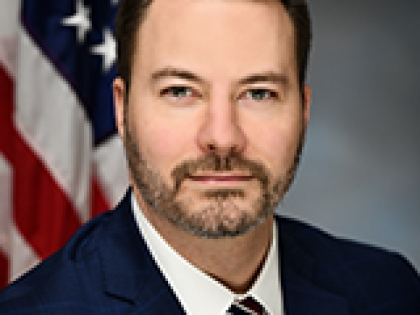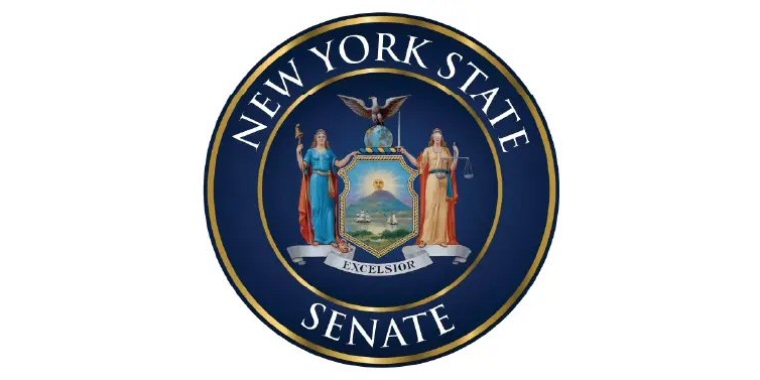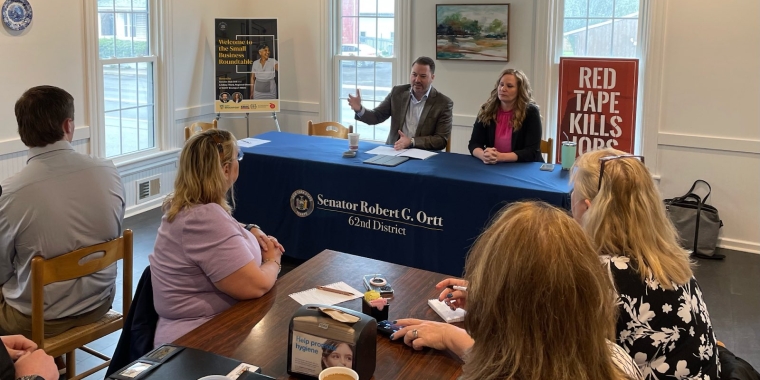
Legislation would allow employers to offer veterans preference on job applications
ALBANY — In a final flurry of legislative action before the end of the state’s 2017 session, Senate Bill 721 will get to the floor.
The bill, sponsored by Sen. Rob Ortt, R-North Tonawanda, faces an unlikely path to becoming law — its Assembly version hasn’t left the committee stage — but it raises an interesting question.
Should private employers, like public employers, be able to give preference in hiring and retention to veterans?
Under S-721 and A-4359, New York would join 15 states to extend that ability. Public employers in the state already can give preference to veterans, but private employers can only do so if granted by the state.
Ortt, a combat veteran of the War in Afghanistan, said doing so would be another step to honoring the commitment veterans have offered their country and community.
“Our veterans have sacrificed so much to protect our country and keep us safe,” Ortt said earlier this week. “They’ve sacrificed time away from loved ones as they put their lives on the line. This legislation is one of many ways we can show our appreciation for those who honorably served while easing their burden of finding employment in the private sector. Moreover, my bill ensures that veterans are not forgotten when they return from service.”
According to the bill’s justification note, such a change is needed because veterans generally face higher levels of unemployment than the general population.
“A 2012 survey of post-9/11 veterans found that 69 percent identified “finding a job” as their greatest challenge,” the bill states. “As states look for ways to actively employ returning veterans allowing private companies the option to have a preference is a no-cost way to have more veterans employed.”
Military.com, citing a Center for a New American Security survey of employers, identified several reasons why. Veterans have to translate military skills to a civilian workplace that may not match them — or they may lack training that was non-essential to military service.
Veterans get stereotyped over presumed personality traits or ability to acclimate to the workforce. Or they may be passed over for non-veterans over concerns about future service commitments.
Ortt, who serves on the State Senate’s Committee on Veterans, Homeland Security and Military Affairs, and three other cosponsors carried the bill through the committee level unanimously in March. It appeared on the floor calendar for the final week of the session, but is unlikely to become law due to the Assembly bill’s failure to do the same. Neither version passed committee in the 2016 session.
If enacted, the preference would be available to any veteran who served on active duty in any branch of the service; or was activated as a reservist, served more than 180 days in active duty, and was discharged honorably or because of a connected disability.

